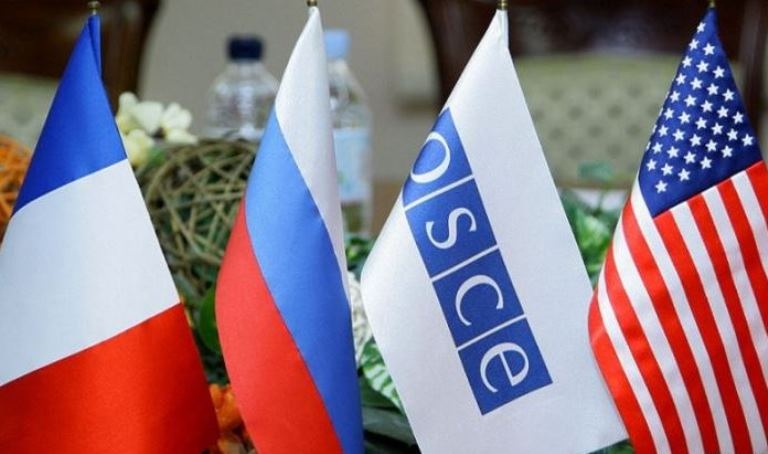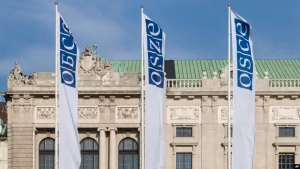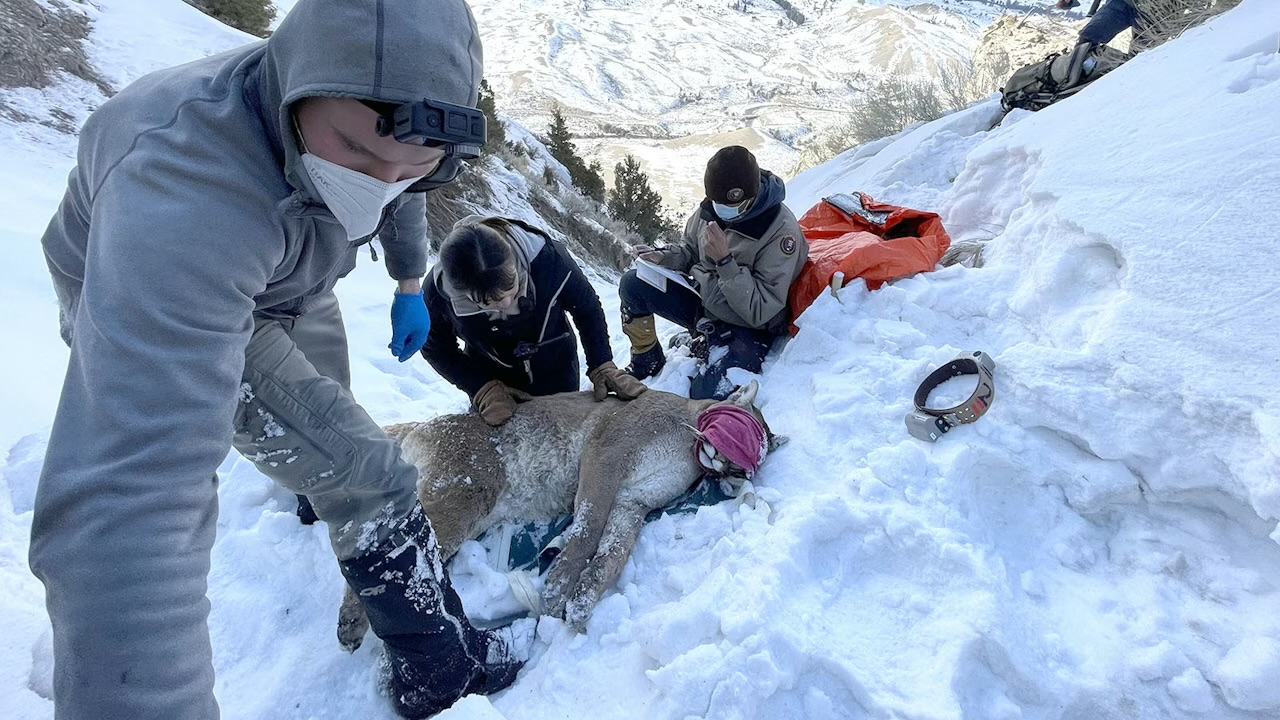ANALYSIS: OSCE Pulls the Plug on Minsk Group

After 33 years of trying—and failing—to settle the bitter Armenia-Azerbaijan dispute over Nagorno-Karabakh, the OSCE has finally decided to put the Minsk Group out of its misery.
On September 1, the Vienna-based organization announced that all 57 member states had agreed to dissolve the body, created in 1992 to help negotiate peace. The US, Russia, and France co-chaired it for decades, drafting plan after plan, but never producing a lasting settlement. Now, with Baku firmly in control of Karabakh and Yerevan making concessions under pressure, the group is being buried by year’s end.
The Minsk Group was born in hopeful times, right after the collapse of the Soviet Union. Its mission was simple on paper—mediate, broker peace, maybe even deploy peacekeepers. But over the years it became the poster child for international gridlock: constant vetoes, bickering between co-chairs, and accusations of bias from both sides.
Things only got worse after 2014, when Russia’s annexation of Crimea poisoned relations with the West. By 2022, when Moscow invaded Ukraine, the Minsk Group was essentially dead. What happened in Karabakh in 2020 and 2023—Azerbaijan’s battlefield victories and the mass flight of over 120,000 Armenians—only confirmed its irrelevance.
The timing of its formal dissolution is no accident. It comes right after US-brokered talks between Armenian Prime Minister Nikol Pashinian and Azerbaijani President Ilham Aliyev. Under pressure, Armenia dropped its old condition that the Minsk Group be disbanded only after a signed peace treaty. Instead, both sides initialed a draft deal in early August, then jointly appealed to the OSCE to close the Minsk chapter.

That decision has sparked anger in Yerevan’s opposition and among Karabakh’s exiled leaders. They argue that scrapping the group effectively legitimizes what they call “ethnic cleansing” by Azerbaijan, erasing the question of the displaced Armenians’ right to return.
“The conflict cannot be deemed resolved while an entire population remains uprooted,” read one recent appeal from Karabakh’s former leadership.
Not much, frankly. Its defenders point out that it prevented flare-ups in the late ’90s and early 2000s. But its big-ticket goals—ending hostilities, securing a negotiated settlement, ensuring rights for Karabakh’s Armenians—never materialized.
For Baku, the group was always suspect. France and the US were seen as too cozy with their Armenian diasporas. Russia’s credibility all but vanished when its peacekeepers failed to stop the 2023 offensive. In short, nobody trusted the mediators anymore.
For Azerbaijan, this is a diplomatic victory. For Armenia, it’s another concession that critics say leaves the 120,000 displaced Karabakh Armenians in limbo. For the OSCE, ironically, dissolving the group could help it finally pass its first budget since 2021, since Baku has been vetoing funds tied to the Minsk process.
But the bigger picture is murkier. Does the end of the Minsk Group mark the decline of Russia’s clout in the South Caucasus? Is the US the new kingmaker here, or will Ankara—cheering loudly from the sidelines—cement its role as Baku’s key ally?
Meanwhile, the EU’s own Armenia monitoring mission could face similar pressure from Baku. With one international mechanism after another being dismantled, there’s a growing question: who, if anyone, will stand up for the rights of Karabakh’s displaced?
The OSCE’s chairperson, Finnish Foreign Minister Elina Valtonen, hailed the move as “historic” and praised both Armenia and Azerbaijan for their “resolute decision.” But for those forced from Karabakh, this is hardly closure.
As Artak Beglarian, a former Karabakh premier, put it:
“It does not mean that…a new international mechanism cannot be formed.”
Translation: the story isn’t over.
The Minsk Group may be gone, but the grievances, the displacement, and the demand for justice remain very much alive. The real question is whether anyone outside the South Caucasus still has the appetite—or political will—to tackle them.









The latest news in your social feeds
Subscribe to our social media platforms to stay tuned